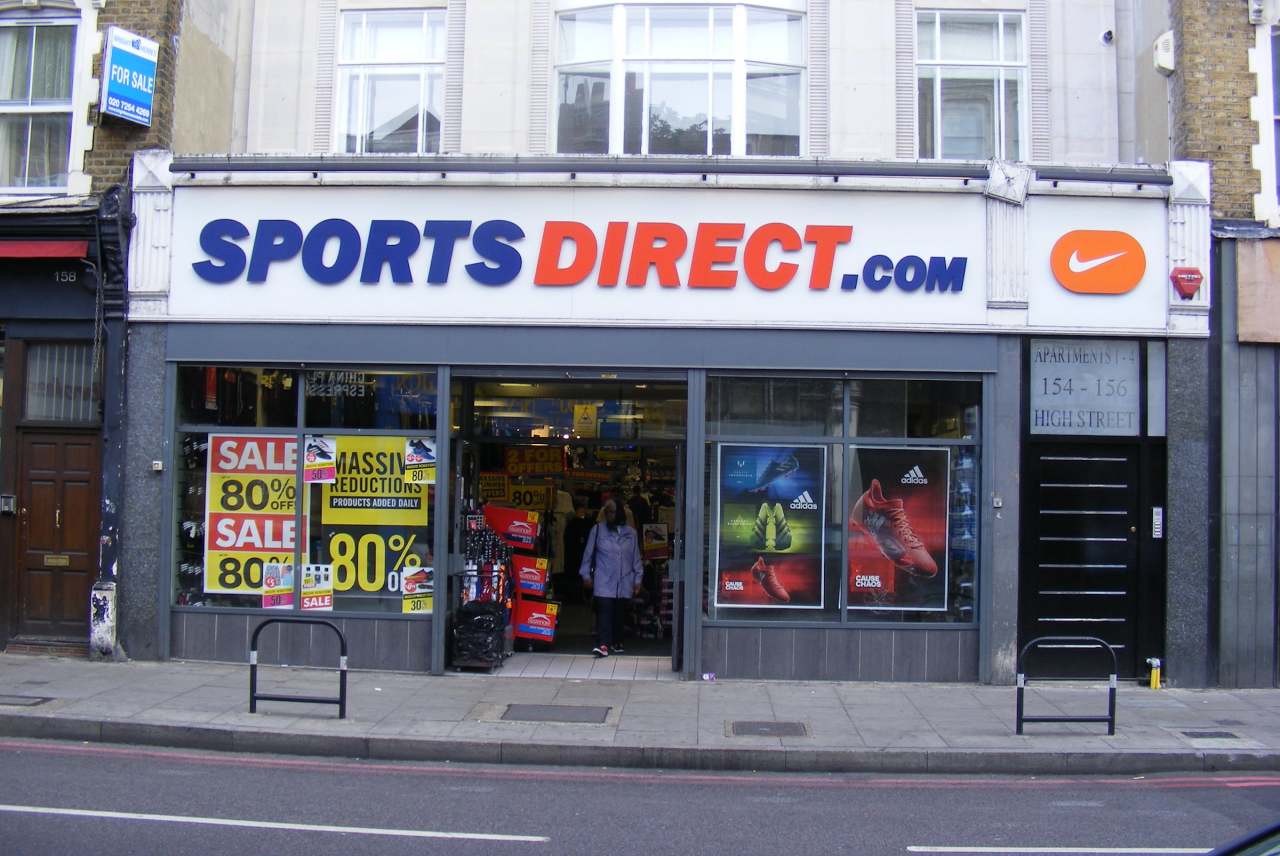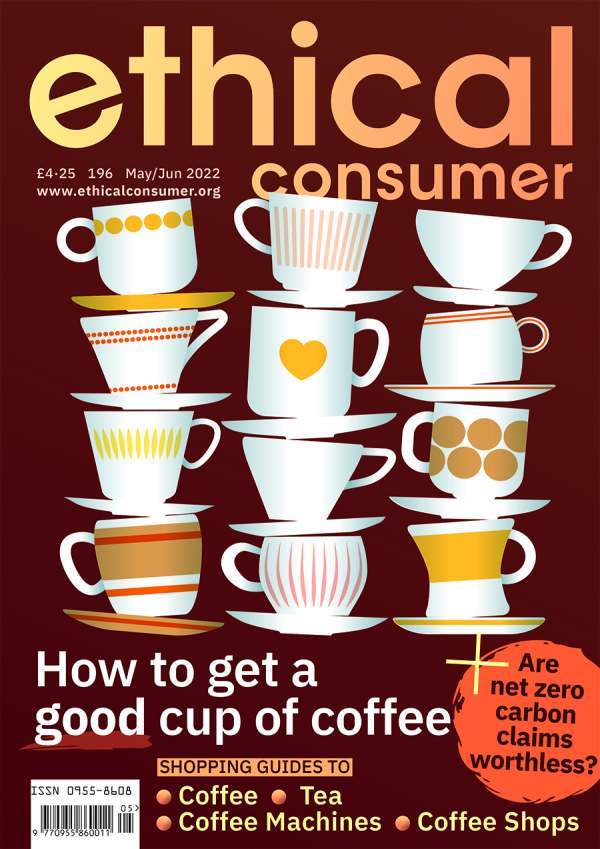Amazon
Amazon has been crowned as the clear financial winner from the coronavirus crisis. Sales have soared after the shutting of bricks-and-mortar shops, and it’s share price has risen by more than a third in the last month.
And yet its behaviour has been bitterly criticised, although the most serious accusations have been focused on the US and France rather than the UK. In France all Amazon warehouses were temporarily closed after a huge row about worker safety. In the US there have been several walk outs over warehouse safety and conditions, and this week over 300 employees pledged to stay home in protest.
Workers claim that Amazon has failed to provide face masks, has refused to pay sick leave (the US is one of the few wealthy countries in which companies are not required to), is not allowing workers proper time to wash their hands, and that too many people are working at once to allow for proper social distancing. The fight intensified after Amazon fired four workers who had publicly criticised safety measures.
We have long been critical of Amazon’s tax avoidance, which is especially galling now that the crisis has thrown into sharp relief just how much NHS capacity has been depleted by cuts.
Clothing companies
Sports Direct
Sports Direct is part of the Frasers group owned by billionaire Mike Ashley. The behaviour of Ashley and the company have long been notorious, but not everyone appreciates just how many faces the company has.
The full list of the companies and brands he owns includes House of Fraser, Yeomans Outdoor, Evans Cycles, Jack Wills, Field and Trek, Gelert, Karrimor, Lonsdale Sports, Lillywhites, Donnay, Slazenger, Firetrap, Everlast, Kangol, Flannels, Muddyfox and Umbro.
Mike Ashley initially refused to shut his shops during the lockdown, arguing they were an "essential service", although he backed down and apologised after a huge backlash from staff, MPs and the media.
However, it is reported that staff on zero hours contracts will not be paid while the shops are shut. And online retailing continues. There have been some reports that social distancing is not being properly observed within Sports Direct warehouses, but they aren’t as corroborated as they are in the case of some other shops, for example Amazon (above) or JD Sports (see below).
The Frasers Group earned 116m profit in 2019.
JD Sports
JD Sports is – quite surprisingly- actually not owned by Mike Ashley. The company, which itself owns Blacks Outdoor, is majority-owned by the Pentland Group, which also owns Speedo, Berghaus, Canterbury of New Zealand, Endura, Boxfresh, Ellesse, Red or Dead, Seaves and Mitre.
JD Sports has been very strongly criticised after photos surfaced of workers crammed in its distribution centre near Manchester. Workers told ITV news that they don’t feel safe and that it is impossible to fulfill the thousands of orders coming in while staying two metres apart. They claimed when the council visited extra gloves were handed out and workers were asked to move around so it looked like fewer people were working.
One worker told Birmingham Live:
"When you leave you have to queue for security checks and then you’ve also got the clocking in machine to make sure you get paid, which uses a finger print. Around 2,000 people in one day are going to be using that same fingerprint machine. It seems they are more worried about money than people's health."
Pentland Group’s 2018 operating profit increased by 9.3 percent to £411m.
Arcadia Group
Arcadia Group, owns Topshop, Evans, Wallis, Dorothy Perkins, Burtons, and Miss Selfridge. The entire group is owned by Tina Green, the wife of its chairman Philip Green.
The group’s egregious behaviour over tax has long been notorious, and its behaviour over Coronavirus was entirely in keeping with that. Those on temporary contracts were laid off with no redundancy money after Arcadia Group closed its 300 UK stores one hour before the government announced its coronavirus job retention plan.
Arcadia group’s 2019 financial figures did indicate that the company has recently been making a loss.


